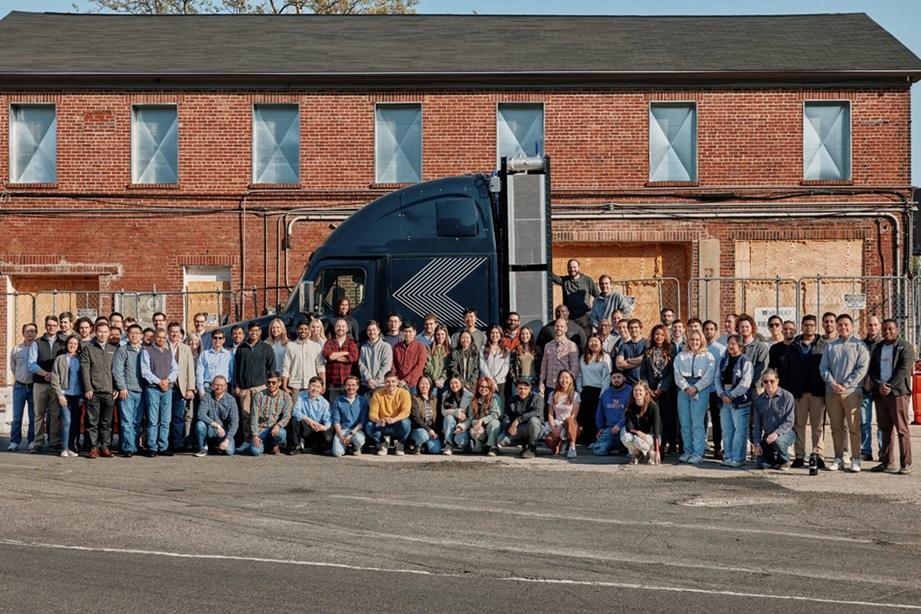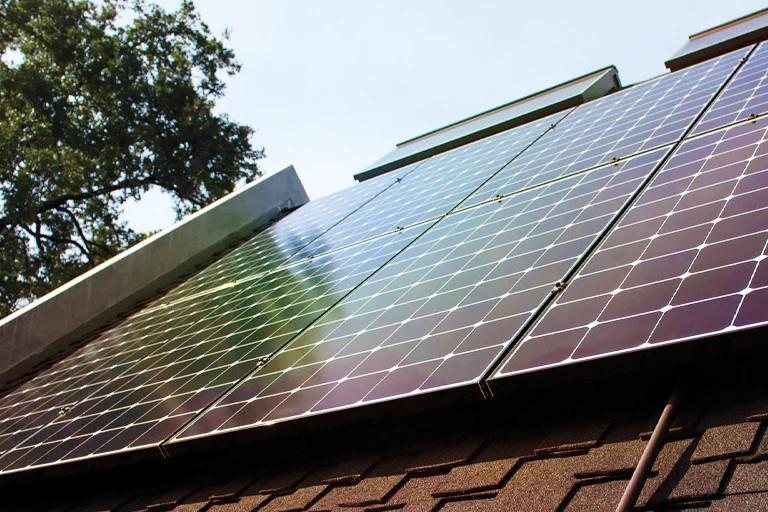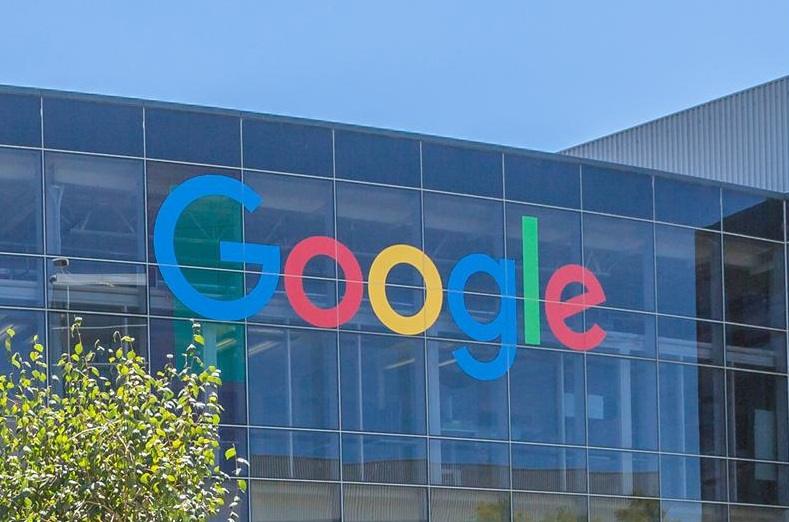Clean Fuel Startup Amogy Raises $80 Million to Decarbonize Shipping, Power Generation
Clean fuel tech startup Amogy announced that it has raised an additional $23 million in venture financing, expanding its funding round announced earlier this year to $80 million.
Founded in 2020, Brooklyn, New York-based Amogy offers ammonia-based, emission-free, high energy-density power solutions aimed at decarbonizing hard-to-abate sectors such as heavy-duty transportation, maritime, power generation, and heavy industry. The company’s technology turns liquid ammonia into its base elements of hydrogen and nitrogen, using the hydrogen to power fuel cells or electric motors, allowing for zero-carbon transportation and power generation.
In September 2024, Amogy successfully demonstrated its ammonia-to-electrical power system by sailing the world’s first carbon-free, ammonia-powered maritime vessel, and the company said that it has advanced partnerships with maritime industry leaders to deploy its technology in newbuild and retrofit vessel applications.
With the new financing in place, Amogy said that it aims to build on its momentum in maritime decarbonization, by expanding into stationary power generation, and to drive its market entry into Asia. The company said that it has recently launched a partnership with the South Korean city of Pohang to deploy a clean, ammonia-fueled distributed power generation system up to 40 MW for commercial operations by 2028-2029.
Seonghoon Woo, co-founder and CEO at Amogy, said:
“We’ve long recognized the strong demand for ammonia-to-power technology in the shipping industry, but we also see much broader opportunities to use ammonia as a clean fuel – especially with the growing demand for the ‘clean power’ globally. We’re ready to meet that market demand. Support for a hydrogen-based economy is especially strong in Asia, and as the most cost-effective hydrogen carrier, ammonia is quickly evolving into the leading zero-carbon fuel solution for these markets.
The new venture financing round was co-led by Korea Development Bank (KDB) and KDB Silicon Valley LLC, with participation from new investors including BonAngels Venture Partners, Pathway Investment, and JB Investment. To date, the company has raised nearly $300 million.





